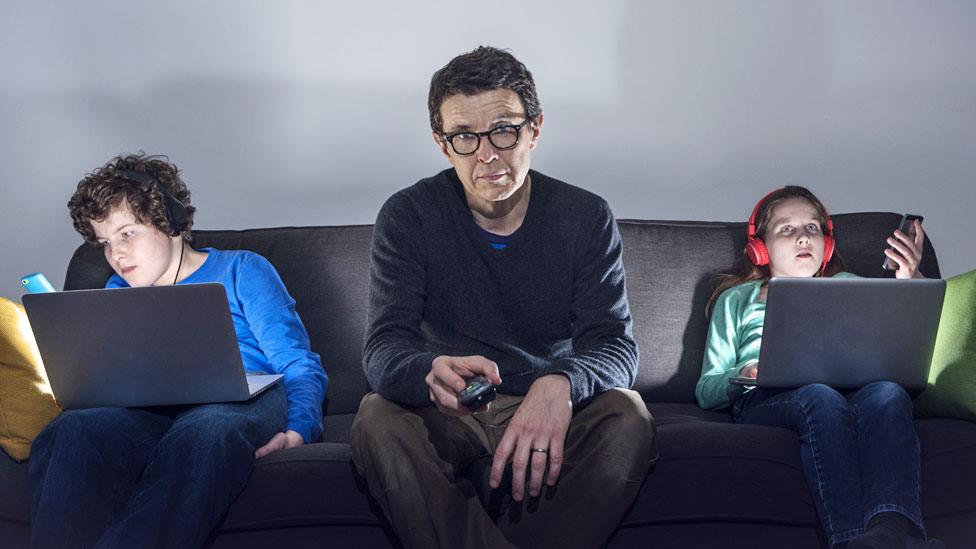Covid-19: Wolverhampton aims to 'bridge digital gap' for pupils
- Published
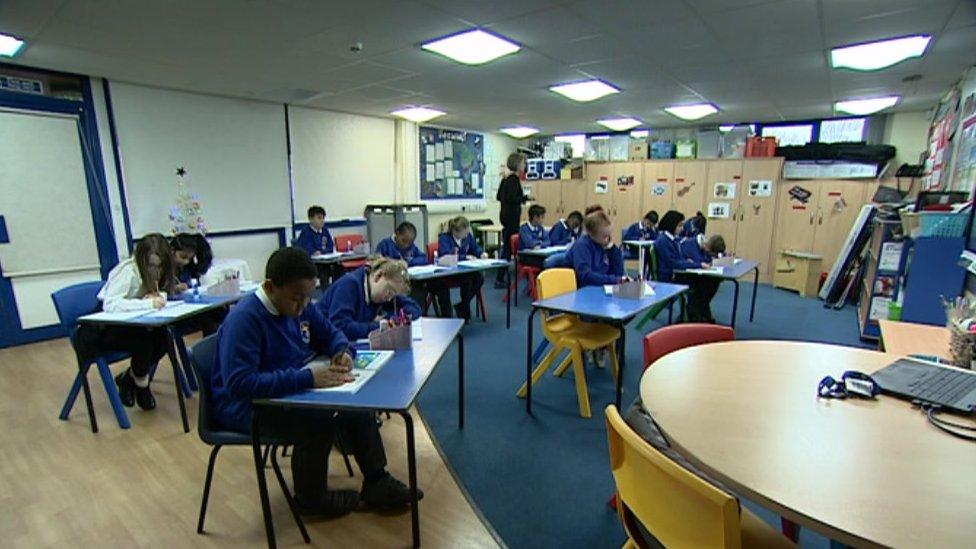
Since September, every year group at Bilston C of E Primary School has had bubbles needing to isolate at home
Children with no access to computers or wi-fi are being loaned devices and 4G sim cards as part of a scheme to cut "digital poverty".
The initiative by Wolverhampton City Council hopes to stop pupils falling behind if they are forced to isolate because of Covid-19.
During the first lockdown in March, teaching could only be delivered online.
Likewise it provided a way to stay in contact with friends.
Figures released by Ofcom in August, external estimated between 1.14 million and 1.78 million children in the UK did not have access to a laptop or other device at the time.
As many as 913,000 only had access to the internet via a smartphone and as many as 560,000 children had no internet access at home at all, it found.
With many schools having to close or partially close because of Covid-19 cases since September, the divide between the digital haves and have nots remains a major concern.
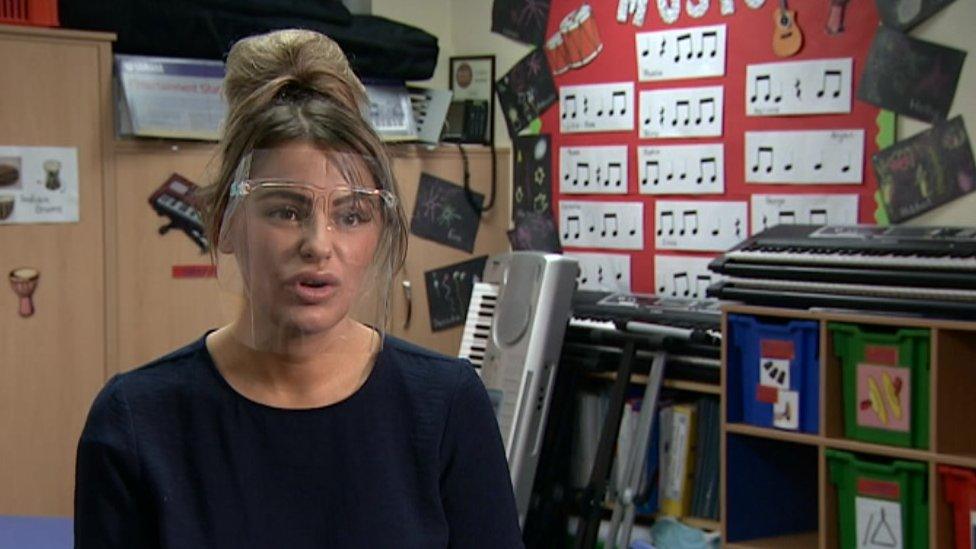
Councillor Beverly Momenabadi is leading the scheme for the local authority
In response, Wolverhampton City Council has launched a scheme where it lends devices and more than 500 4G sim cards with a month's worth of data, to families who are isolating.
The funding has come from a number of sources including asking councillors to donate portions of their ward fund, and from small pots of money usually used by councillors for projects in their areas.
BT has also donated 100 vouchers that provide free access to its wi-fi network.
'Not enough'
Councillor Beverly Momenabadi, who is leading the scheme, said: "Digital poverty means inequality grows, and the poorest families are left behind - we want to stop that.
"In the first lockdown we issued 700 devices, but quickly realised that wasn't enough."
In July, the council surveyed schools to try and understand the scale of the problem.
Of those that replied, 43 reported having pupils without access to devices at home, and five primaries believed about half of their pupils did not have wi-fi access.
The equipment is being distributed by schools such as Bilston C of E Primary, which sits at the heart of some of the city's most deprived wards.
At times, staff have delivered the kit to families and led socially distanced training sessions on the door-step.
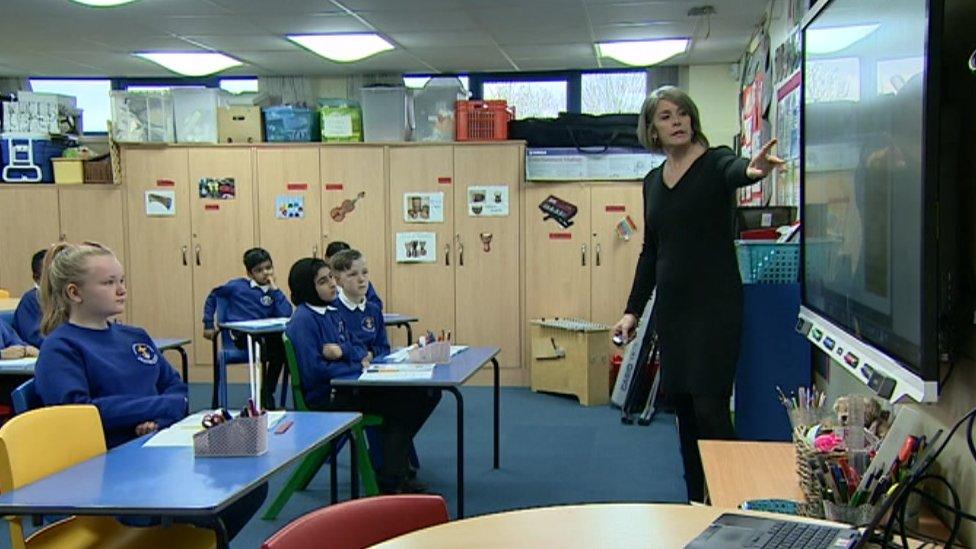
Some children at Bilston C of E Primary School said the had found it difficult to work at home without a computer device
Head teacher Gary Gentle said it was "practical help that's making a real difference".
The school said about a third of its pupils did not have access to a device or wi-fi at home.
At the start of the first lockdown, the Department of Education promised to provide laptops to poorer children.
Mr Gentle said the school, which has 425 pupils, asked for 49 laptops and initially received just four and to date had received 15.
Sharing devices
Teacher and IT co-ordinator Donna Robinson said some children could only access online learning via parents' phones.
"Even when there is a device in the house there may be two or three kids all wanting to use it - and mum or dad might need it for work," she said.
Last month, the Department for Education made it a legal duty for schools to provide remote education to children forced to isolate.
Since September, every year group at Bilston has had at least one bubble having to isolate for periods and that was before the recent closure of the entire school.
The DfE said the "pace and scale" of its own scheme to provide access to online learning was "unprecedented".
"We have purchased over 340,000 laptops this term alone to support disadvantaged children - by Christmas, this will be an injection of over half a million since the pandemic hit," a spokesperson said.
"This is part of over £195m invested to support remote education and access to online social care, which includes 220,000 laptops and tablets and over 50,000 4G wireless routers already delivered to children over the summer term."

Follow BBC West Midlands on Facebook, external, Twitter, external and Instagram, external. Send your story ideas to: newsonline.westmidlands@bbc.co.uk, external
Related topics
- Published7 December 2020
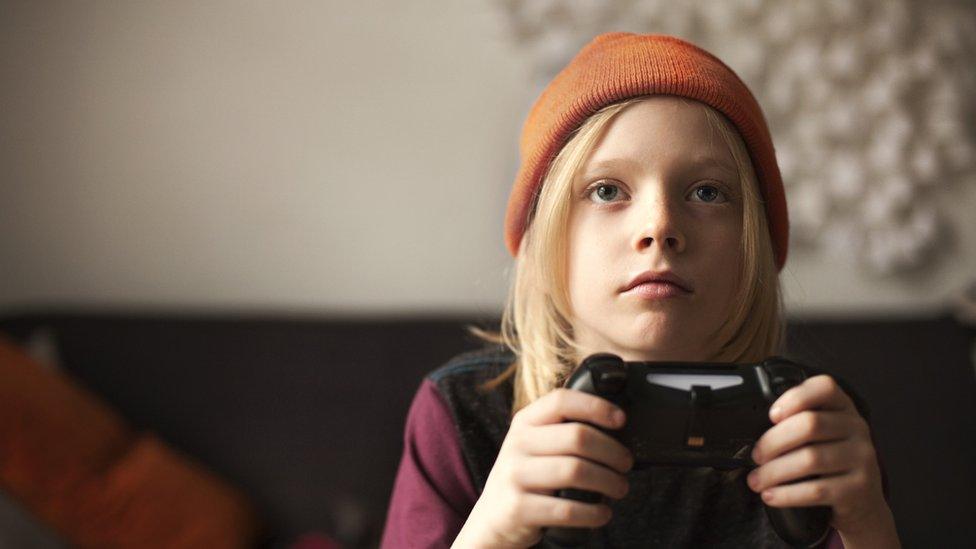
- Published16 June 2020
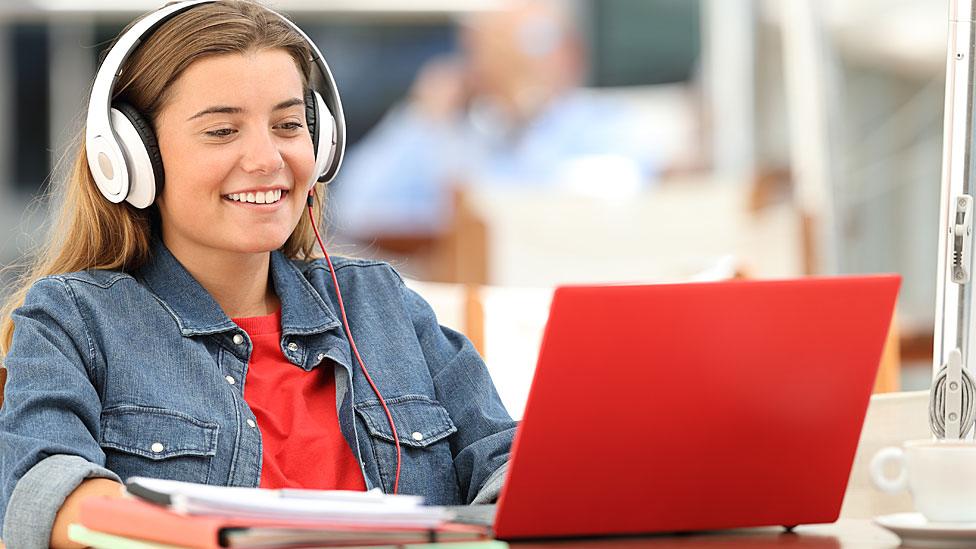
- Published24 April 2020
